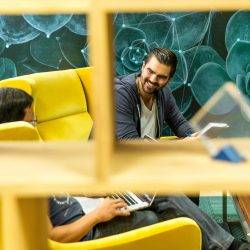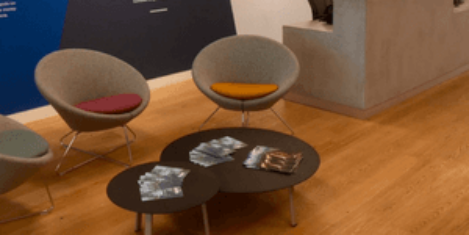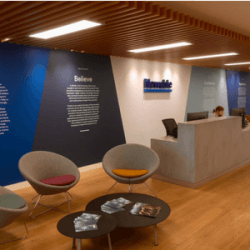February 26, 2019
Digital and mobile tech at work is still not being used to full advantage

Just a third of businesses are using mobile technologies for their administration tasks, and as organisations struggle to digitise, many employees admit to finding pen and paper simpler to use. The vast majority (91 percent) of workers still prefer to use a desktop or laptop for administrative tasks, according to the research commissioned by ABBYY, as only one third (35 percent) use mobiles for admin, despite 43 percent of workers wanting to use it for this purpose. Millennials in particular are keen to use mobiles, with 55 percent wanting to use mobiles for admin – yet only 43 percent currently do. Older generations are also open to using mobile for admin, with 35 percent of Gen X currently doing so, and 41 percent wanting to. However, it’s clear that some employees are finding the latest technologies, such as mobile, too difficult to use – 28 percent still want to use pen and paper for admin tasks, as 46 percent find it simpler than other means. Desktop still runs the workplace in the UK, regardless of today’s remote working climate. Almost half of workers (48 percent) use a desktop or laptop because it’s easier, and 41 percent because it’s faster.





































March 21, 2019
Interiors are not enough to win the war for talent
by Ben Capper • Comment, Workplace design